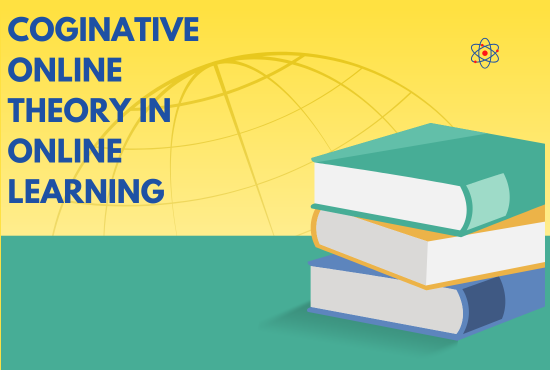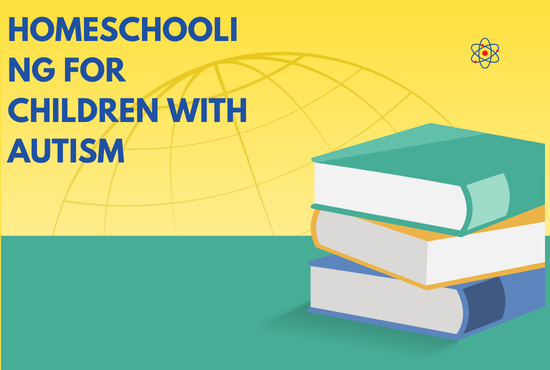Importance Of Soft Skills In todays Education
Updated: 04 Jul 2025
Discover the importance of soft skills in today’s education, focusing on how communication, teamwork, and problem-solving enhance student success and prepare them for the challenges of the modern workforce.
The Importance of Soft Skills in Today’s Education System
In the rapidly evolving world of the 21st century, the importance of soft skills in education has grown significantly. While traditional academic knowledge remains essential, employers and educators are increasingly recognizing the value of soft skills—such as communication, teamwork, critical thinking, emotional intelligence, and adaptability—in shaping well-rounded individuals.
These skills are not only critical for success in the workplace but also for personal development and building strong relationships. As a result, integrating soft skills into the education system has become a vital component for preparing students for the challenges of modern life.
1. Enhancing Communication and Collaboration
Effective communication is a cornerstone of success in both professional and personal life. In the modern workforce, most jobs require individuals to interact with colleagues, clients, and stakeholders. Soft skills like verbal and non-verbal communication, listening skills, and empathy are key in these interactions.
Teamwork, another vital soft skill, helps students learn how to work collaboratively, resolve conflicts, and appreciate diverse perspectives. Group projects, discussions, and activities that require students to interact with peers allow them to develop these skills. When students engage in cooperative tasks, they not only improve their ability to communicate effectively but also learn the importance of compromise, respect, and leadership.
These experiences help cultivate teamwork abilities that are essential in today’s interconnected world.

2. Critical Thinking and Problem Solving
While technical knowledge provides the foundation, it is soft skills like critical thinking and problem-solving that allow students to apply what they have learned in creative and innovative ways. These skills are essential in navigating the complexities of modern life and the ever-changing job market.
Soft skills such as analytical thinking, creativity, and adaptability empower students to approach problems from different angles, evaluate options, and find effective solutions. In an education system that emphasizes critical thinking, students are encouraged to question assumptions, assess risks, and think independently. These skills not only enhance academic performance but also prepare students to handle real-world challenges, from personal dilemmas to professional obstacles.

3. Emotional Intelligence and Self-Management
Emotional intelligence (EQ) refers to the ability to recognize, understand, and manage our own emotions, as well as the emotions of others. In the context of education, EQ helps students develop self-awareness, self-regulation, motivation, empathy, and social skills. These abilities are crucial for effective communication, conflict resolution, and building strong relationships.
Self-management, a critical component of emotional intelligence, is the ability to manage time, set goals, stay organized, and handle stress. In a world that demands high levels of productivity and multitasking, self-management skills are essential for academic success and overall well-being.
By incorporating emotional intelligence into the curriculum, educators can help students become more resilient, empathetic, and capable of managing their emotions in challenging situations.

4. Adaptability and Lifelong Learning
In today’s rapidly changing world, adaptability has become a crucial soft skill. Technological advancements and global challenges are reshaping industries, and students need to be prepared to thrive in environments that are constantly evolving. Being able to adapt to new situations, learn new skills, and adjust to changing circumstances is essential for success in both education and the workplace.
Moreover, the concept of lifelong learning has gained prominence. In the past, education was seen as a phase of life that concluded after formal schooling. Today, however, the ability to continue learning throughout one’s life is recognized as essential.
Students who are taught to be adaptable and open to learning will be better equipped to navigate shifts in their careers, industries, and the world at large.

5. Building Confidence and Leadership Skills
Soft skills play a significant role in building students’ self-confidence. When students learn how to express their opinions, lead projects, and contribute to group discussions, they gain a sense of achievement and self-assurance. These experiences empower students to believe in their abilities and take initiative in both academic and personal pursuits.
Leadership skills—such as decision-making, inspiring others, and managing responsibilities—are cultivated through activities that require students to take on leadership roles.
Whether in sports, clubs, or classroom activities, leadership experiences help students build the confidence and skills necessary to take charge in various situations. These skills are highly valued by employers and can set students apart in the job market.

6. Preparing Students for the Future Job Market
The job market is evolving, with employers placing an increasing emphasis on the holistic development of employees. While technical expertise is important, the ability to work well with others, adapt to change, and solve complex problems has become equally crucial. Soft skills are now recognized as essential in industries ranging from healthcare and finance to technology and entertainment.
Incorporating soft skills into the education system helps bridge the gap between academic knowledge and practical application. Students who graduate with a strong foundation in soft skills are better equipped to handle the demands of the modern workplace.
They are more likely to be successful in collaborative environments, demonstrate leadership, and adapt to new technologies and work practices.

Conclusion
In today’s education system, soft skills are just as important as hard skills in preparing students for success in life and work. By emphasizing communication, collaboration, critical thinking, emotional intelligence, and adaptability, educators can help students develop the competencies necessary to navigate an increasingly complex and interconnected world.
As we move toward an era defined by rapid technological advancements and global challenges, the ability to work well with others, think critically, and adapt to change will be the key differentiators that define success.
Therefore, it is imperative that soft skills become an integral part of the educational experience to ensure that students are not only knowledgeable but also well-equipped to thrive in the future.





